All Formats & Editions
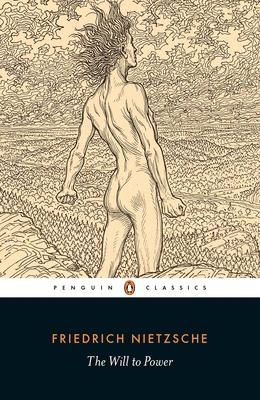
The Will to Power
New to Penguin Classics, The Will to Power contains some of Nietzsche's most fascinating and combative writings on nihilism, metaphysics and the future of Europe. Assembled by Nietzsche's sister after his death, The Will to Power is a collection of...
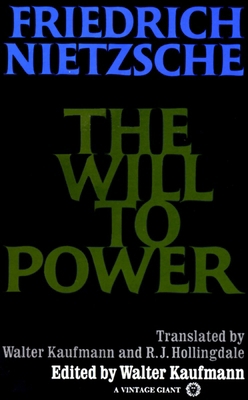
The Will to Power
Represents a selection from Nietzche's notebooks to find out what he wrote on nihilism, art, morality, religion, and the theory of knowledge, among others. Nietzsche's notebooks, kept by him during his most productive years, offer a fascinating glimpse into the workshop and mind...

The Will to Power

The Will to Power
The Will to Power (German: Der Wille zur Macht) is a book of notes drawn from the literary remains of philosopher Friedrich Nietzsche by his sister Elisabeth F?rster-Nietzsche and Peter Gast (Heinrich K?selitz). The title derived from a work that Nietzsche himself had considered...
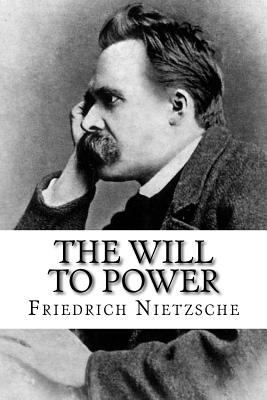
The Will to Power: Complete Book Volumes I-IV
The will to power is a prominent concept in the philosophy of Friedrich Nietzsche. The will to power describes what Nietzsche may have believed to be the main driving force in humans - achievement, ambition, and the striving to reach the highest possible position in life. These...
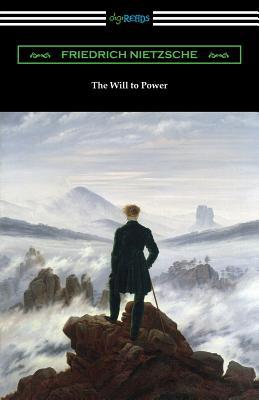
The Will to Power
First released in 1901, about one year after Nietzsche's death, "The Will to Power" is a collection of Nietzsche's unedited and unpublished writings. Though the title and all of the ideas are of the radical philosopher's own invention, the order and selection of Nietzsche's...

The Will to Power
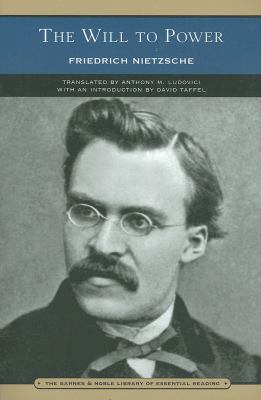
The Will to Power
Heralds the decline of modern Western civilization. In this book, nihilism - the uncanny and pervasive feeling that life is devoid of all meaning, purpose, and value - is subjected to a thoroughgoing and multifaceted examination.
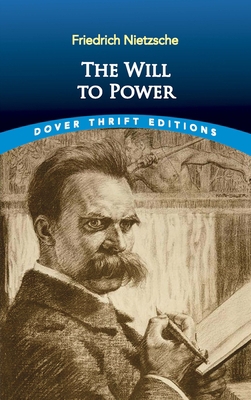
The Will to Power
Throughout his career, Friedrich Wilhelm Nietzsche explored the concept of the will to power, interpreting it variously as a psychological, biological, and metaphysical principle. This posthumously produced volume, drawn from his unpublished notebooks, collects the nineteenth-century...

The Will to Power
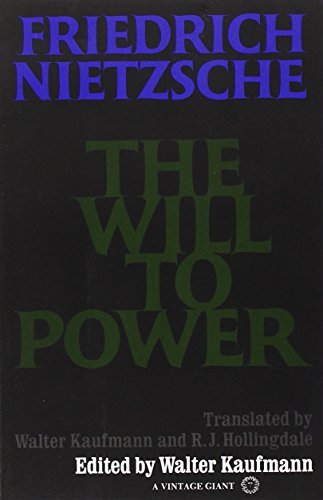
The Will to Power by Friedrich Nietzsche (1968-...
![Voluntad de Poder, La [Spanish] 8471666545 Book Cover](https://i.thriftbooks.com/api/imagehandler/l/85C9541499C59B69496A0DF636EBCB3F39E0B3BC.jpeg)
Voluntad de Poder, La [Spanish]
![The Will to Power [Unknown] B0006BOB1W Book Cover](https://m.media-amazon.com/images/I/41DvFb6PAuL._SL500_.jpg)
The Will to Power [Unknown]
![Der Wille zur Macht. Versuch einer Umwertung al... [German] 3520078139 Book Cover](https://i.thriftbooks.com/api/imagehandler/l/CC4168299C810BA108D0D4174C701394D4E8C246.jpeg)
Der Wille zur Macht. Versuch einer Umwertung al... [German]
![La Volonté de puissance [French] 1508692564 Book Cover](https://m.media-amazon.com/images/I/51J9ruZZerL._SL500_.jpg)
La Volonté de puissance [French]
"La Volont? de puissance" de Friedrich Nietzsche. Friedrich Nietzsche, philosophe allemand (1844-1900).

The Will To Power by Friedrich; edited by Walte...
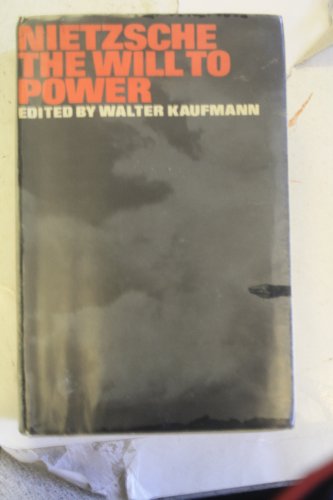
The Will to Power

The Will To Power
![La volontà di potenza: Frammenti postumi ordina... [Italian] 884524914X Book Cover](https://m.media-amazon.com/images/I/5197wvxAIrL._SL500_.jpg)
La volontà di potenza: Frammenti postumi ordina... [Italian]

Tsaratusutora wa ko itta = Thus Spoke Zarathust...
![La volonté de Puissance: Essai d'une transmutat... [French] 1725555271 Book Cover](https://i.thriftbooks.com/api/imagehandler/l/6D5EB98ACC7E4CF4077CDFBD75CE95DFEFC846AF.jpeg)
La volonté de Puissance: Essai d'une transmutat... [French]
Dans la veine de son c l bre Cr puscule des Idoles, ce recueil d'aphorismes qui ne fut jamais achev par l'auteur - le projet initial fut abandonn en 1888 - visait exposer l'ensemble de sa doctrine dans un ouvrage synth tique. L'existence m me de ce livre suscita de vives...
![Der Wille Zur Macht: Eine Auslegung Alles Gesch... [German] 0331409860 Book Cover](https://i.thriftbooks.com/api/imagehandler/l/6DAAF86171222B744A1128355611D4A61E3E9CF6.jpeg)
Der Wille Zur Macht: Eine Auslegung Alles Gesch... [German]
![Vontade de potência (edição de bolso) [Portuguese] 8532653529 Book Cover](https://i.thriftbooks.com/api/imagehandler/l/A02B6C74D50FDEE1FCA6A766757C25D00A61C3B4.jpeg)
Vontade de potência (edição de bolso) [Portuguese]
![Vontade de Potência [Portuguese_brazilian] 8500109882 Book Cover](https://m.media-amazon.com/images/I/31nu8QQYjxL._SL500_.jpg)
Vontade de Potência [Portuguese_brazilian]












